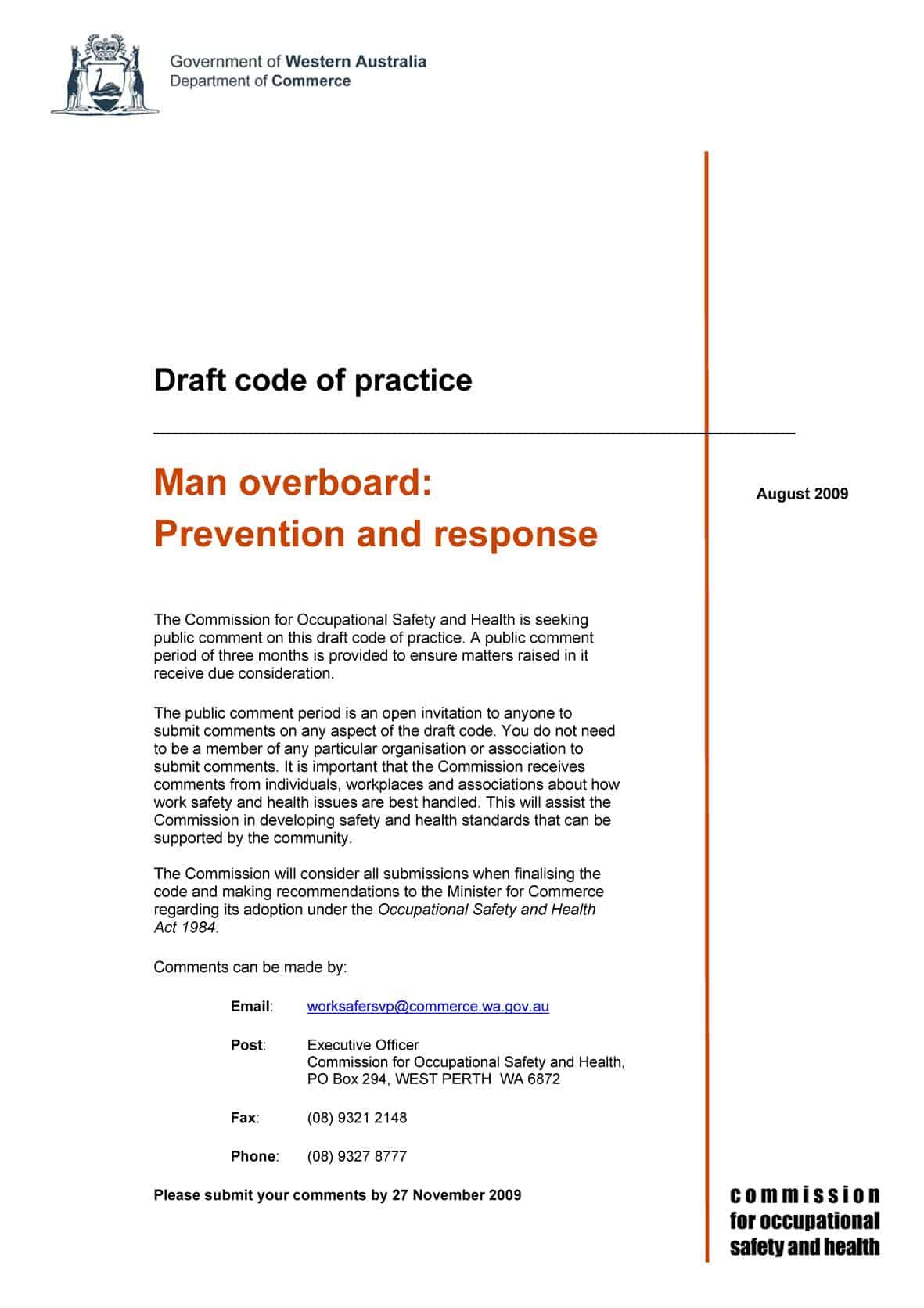According to an AAP report released on 8 October 2009, Australian homeowners could be liable for the injuries of workmen on their premises. According to Michael Tooma of Deacons law firm, the breadth of the proposed OHS model laws could cause big legal problems for homeowners (as if interest rate rises and balcony collapses were not enough).
“..if I call out a tradesperson to do some work at my home, my home is their workplace and I would be a person at their workplace. As such, I would have a duty to take reasonable care for my own safety and the safety of others and to cooperate with their reasonable instructions in my own home. If I breach that duty I could be liable for a criminal offence.”
The duty of care applied regardless of whether the worker was injured or not, Mr Tooma said. “If the person is exposed to risk, then potentially you’ve committed a criminal offence. Previously, there were clear boundaries around a home that really made it sacrosanct.”
The crux of Tooma’s argument is that
“The definition of a workplace in the legislation is so broad that any place where a worker works is deemed a workplace”.
Many corporations have struggled with their OHS obligations for staff who telecommute. Home-based businesses have a clearer legislative responsibility even if many of them are unaware of the responsibility.
The Model Safe Work Provisions Exposure Draft’s defines a workplace as follows
“(1) A workplace is a place where work is carried out for a business or undertaking and includes any place where a worker goes, or is likely to be, while at work.
(2) In this section, place includes:
(a) vehicle, ship, boat, aircraft or other mobile structure; and
(b) any installation on land, on the bed of any waters or floating on any waters.”
 In the Discussion Paper there is an example provided of what is not a business
In the Discussion Paper there is an example provided of what is not a business
“A householder hiring an electrician to repair a faulty electrical socket in their home (however the electrician will either be a worker for a business or undertaking or a business or undertaking in their own right if they are self employed).”
Tooma’s point would be what if the electrician was undertaking the work in a home office (if designated) or the whole house/workplace.
Of all the “modern working arrangements” listed in the Discussion Paper, working from home is not listed. If it had been, Tooma’s comments would have seemed less alarmist, probably because their would have been more general alarm as perhaps hinted at in the AAP article.
In that article, Tooma also says
“We’re talking about the Occupational Health and Safety Act intruding on the family home and imposing criminal liability on individual home owners under legislation that is supposedly aimed at safety in the workplace.
“It’s really a quirk of the way the definition works in that everywhere a worker goes, so goes the workplace.”
AAP does not treat the issue as “a quirk”. Not with a headline in The Canberra Times of “Home owners ‘could be liable'”.
Tooma may have raised a valid point but the AAP article shows how the media can “ice the cake” of an issue. It may have been better to present this quirk to the Government through the Public Comment process (and I am sure Tooma will) but it is also on all OHS advocates to bring the relevance of OHS matters to the attention of those who may not understand the risks they could be exposed to. This blog article could be considered an example of this.
The Public Comment phase on the draft documents is still young. If Tooma’s intention was to stir debate (and not alarm) he has raised an interesting issue that should be discussed. Whether the wider community of homeowners, home-based businesses and telecommuters take this perspective, we’re yet to see.



